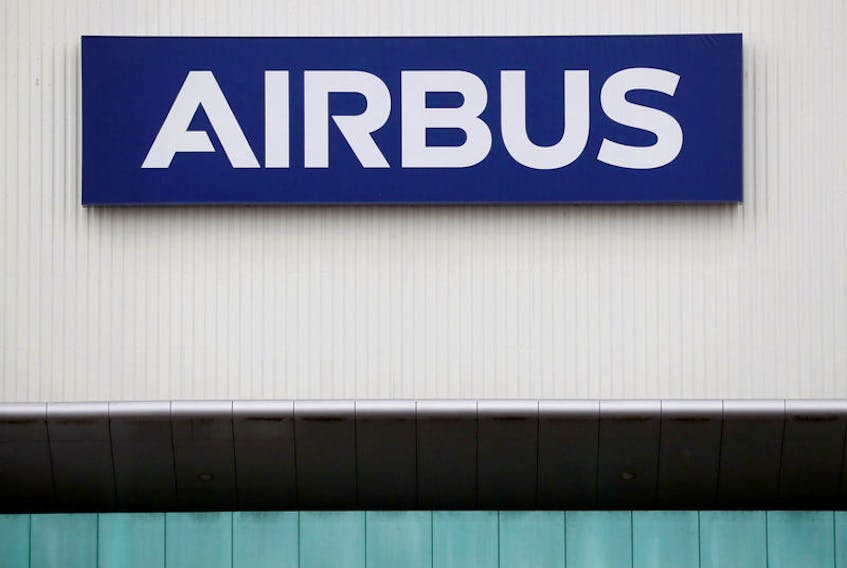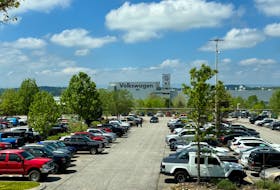By Tim Hepher
LONDON (Reuters) - Airbus warned of the risks of a 'lose-lose' transatlantic tariff war on Wednesday as it raised forecasts for jetliner demand over the next 20 years, led by the new industrial hubs of Asia.
The European planemaker confirmed a continued boom in demand due to the growth of cities and a burgeoning Asian middle class.
But the industry faces a squall of new pressures from global trade tensions, the partial unwinding of globalization and an anti-flying campaign from climate activists, notably in Europe.
Adding fresh anxieties are tensions within aviation itself after the World Trade Organization tentatively approved U.S. sanctions against European products including Airbus jets, in a long-running dispute over aircraft subsidies.
Airbus Chief Commercial Officer Christian Scherer voiced alarm about the prospect of a tit-for-tat tariff war on new jets.
"Ultimately they will have an impact on airplanes and therefore the price of tickets and that is not good. If there is an impact, the same impact will happen here in Europe," he said, referring to the prospect of European reprisals against Boeing.
"It is a lose-lose impact," Scherer told reporters.
Airline traffic growth has slowed this year amid broader trade friction between the United States and China. Airbus said protectionism and other geopolitical risks "remain a concern".
The planemaker shaved 0.1 percentage points off its average annual growth forecast to 4.3 percent over the next two decades, but said demand for air travel essentially remains strong.
Domestic travel in China is expected to leapfrog the United States and Western Europe within a decade, while India and fast-rising manufacturers like Vietnam are growing the fastest.
Airbus predicted the world's fleet would more than double to 47,680 jets by 2038. That is slightly smaller than the fleet it was forecasting a year ago, because planes are flying with more seats and working for longer each day, pushing up productivity.
But the demand for new jets needed to reach that target has been revised upwards because Airbus believes airlines will also replace existing jets more quickly to tap improved fuel savings.
Airbus said it now expects airlines and leasing companies to take delivery of 39,210 new passenger jets and freighters over the next two decades compared to 37,389 previously forecast.
Shares in Airbus edged up 0.7%, outpacing a flat market.
CALL FOR BIOFUELS
Touting the industry's record in cutting emissions, in a week that Swedish teenage climate change activist Greta Thunberg pressed the U.S. Congress for action on climate change, Airbus said the industry could achieve its carbon-reduction goals even while meeting strong travel demand, because of new technology.
Environmental groups backing a global "climate strike" say more radical steps are needed to avert a disaster.
"We are on a path to de-carbonize but we can't do it alone," Scherer said, calling for investment in sustainable biofuels.
Airbus revised up its demand forecast for the industry's most-sold single-aisle jets by 4% to 29,720 planes but cut the medium segment including its A330neo by 2% to 5,370.
It followed U.S. rival Boeing in scrapping separate forecasts for the world's largest aircraft after deciding to halt production of the Airbus A380 due to weak demand.
It now includes these aircraft with the largest twin-engined jets, with the resulting combined category up 22% to 4,120 jets.
Airbus raised a 20-year forecast for services like repairs, training and cabin upgrades to $4.9 trillion from $4.6 trillion.
Once focused mainly on building their jets, Airbus, Boeing and other manufacturers are stepping up competition for a slice of this market to gain access to lucrative recurring revenues.
(Editing by Keith Weir and Elaine Hardcastle)









